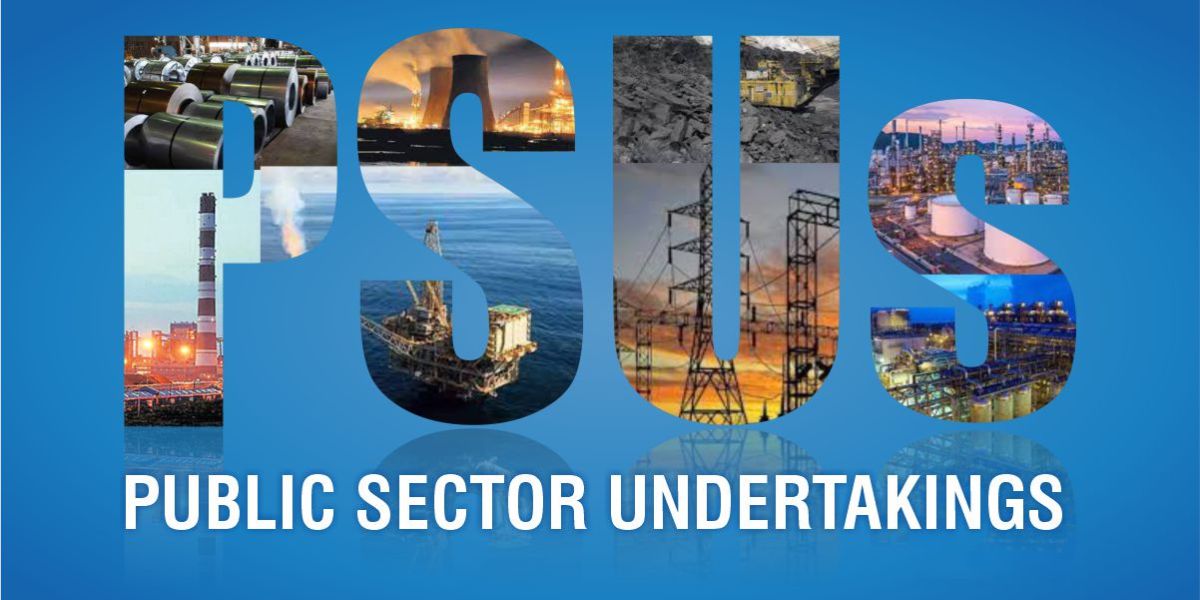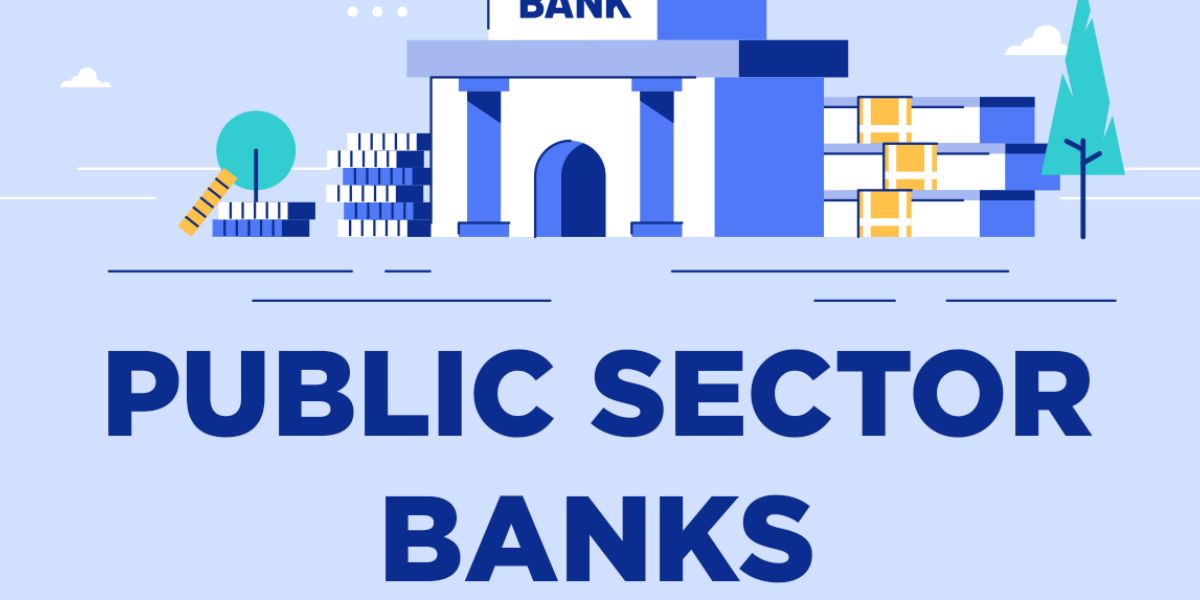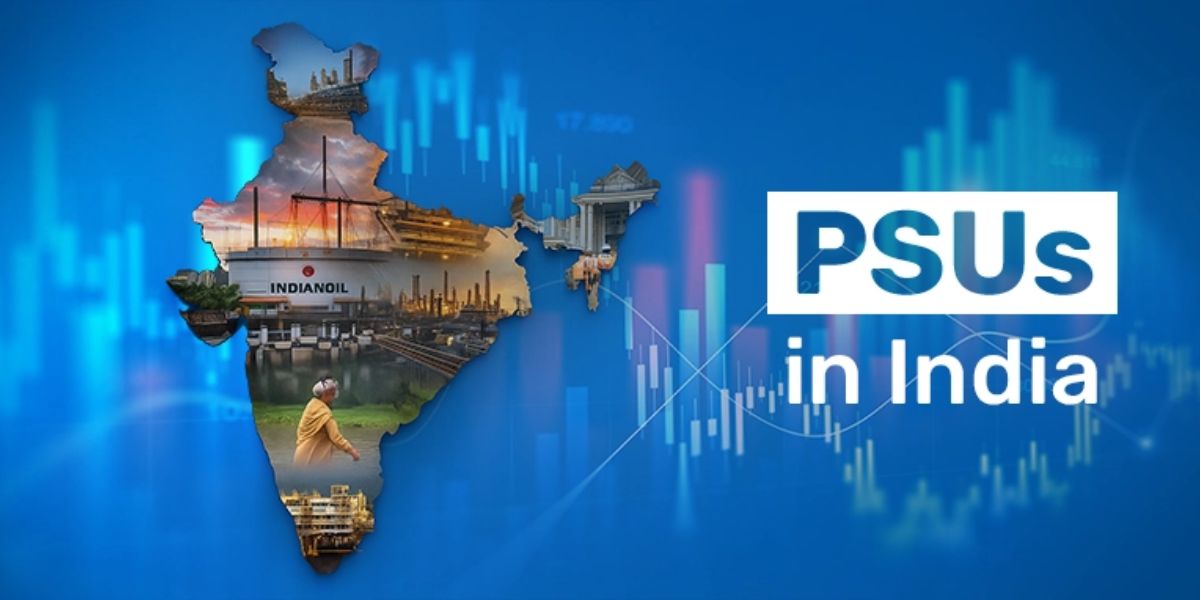New Delhi, India – The strength of India’s public sector undertakings (PSUs) lies not only in their vast reach and economic influence but also in their commitment to continuous learning and employee development. As competition, technology, and policy landscapes evolve, PSUs have realized that training and development are no longer optional — they are essential. These programs equip employees with the necessary technical, managerial, and leadership skills to thrive in a modern work environment while driving the organization toward higher efficiency and innovation.
Why Training and Development Matter in PSUs
Training and development play a crucial role in maintaining the effectiveness of PSU employees. Unlike private enterprises that often face high turnover rates, PSUs focus on long-term workforce stability. However, to remain competitive and adaptive, employees must consistently upgrade their skills.
Table of Contents
Well-designed training programs in PSUs achieve multiple objectives:
- Enhancing productivity through improved technical knowledge and job efficiency.
- Building leadership capabilities to prepare employees for managerial roles.
- Aligning employees with organizational goals and government reforms.
- Boosting motivation and job satisfaction by providing growth opportunities.
In essence, training and development in PSUs are about creating a culture of continuous learning that ensures both individual and institutional progress.
Structured Training Programs in Public Sector Undertakings
Most PSUs have dedicated training institutes and development centers that focus on both functional and behavioral skill enhancement. These institutes work under the guidance of bodies like the Department of Public Enterprises (DPE) and the Ministry of Heavy Industries, ensuring standardized training quality across organizations.
Key Examples of Training Infrastructure
- State Bank of India’s State Bank Institute of Leadership (SBIL): Focuses on developing leadership capabilities for senior and mid-level executives.
- ONGC Academy and GAIL Training Institutes: Offer specialized technical and safety training to ensure employees remain up to date with industry standards.
- NTPC’s Power Management Institute (PMI): Provides courses in management, power plant operations, and sustainability.
These institutions regularly update their modules to incorporate new government policies, global standards, and emerging technologies like digital transformation, renewable energy systems, and artificial intelligence.
Types of Training Conducted in PSUs
Training programs in PSUs typically fall under three categories, each tailored to specific levels of the workforce:
1. Induction and Orientation Training
For new recruits, induction programs serve as an introduction to the organization’s culture, values, and operational framework. These sessions ensure that employees understand their roles and responsibilities from day one, fostering alignment with PSU objectives.
2. Technical and Functional Training
This training focuses on job-specific technical skills — such as engineering, finance, IT, or production — and ensures that employees remain proficient in their respective domains. For example, engineers at BHEL or NTPC undergo regular technical workshops to learn about the latest innovations in power generation and manufacturing.
3. Managerial and Leadership Development
Mid-level and senior managers often participate in leadership programs that enhance decision-making, communication, and team management skills. Many PSUs collaborate with institutions like the Indian Institute of Management (IIMs) and the National Productivity Council (NPC) to provide advanced management training.
Digital Learning and E-Training: A Modern Shift
In recent years, PSU training has expanded into the digital space. Platforms like the iGOT Karmayogi portal, launched under the Government of India’s Mission Karmayogi initiative, are revolutionizing how PSU employees learn. Through e-learning modules, webinars, and virtual classrooms, employees can now access skill enhancement resources anytime and anywhere.
This digital shift not only makes training more accessible but also allows for continuous professional development without disrupting daily work schedules. The adaptability of e-learning is helping PSUs build a more agile and future-ready workforce.
How Training Boosts Career Growth in PSUs
Training and development directly influence career progression in the public sector. Employees who actively participate in training programs often demonstrate better performance, higher confidence, and stronger leadership capabilities — qualities that make them stand out during promotions and role advancements.
Key career benefits include:
- Faster promotions due to improved technical and managerial competence.
- Enhanced mobility within and across PSUs through transferable skill sets.
- Greater job satisfaction from achieving professional excellence.
- Recognition and rewards for continuous learning and skill improvement.
Moreover, PSUs often link training participation with performance appraisals, ensuring that employees who invest in self-development are recognized and rewarded.
Challenges in PSU Training and How They Are Being Addressed
Despite strong frameworks, PSUs face certain challenges in implementing effective training programs. Common hurdles include:
- Limited focus on soft skills such as communication and innovation.
- Inconsistent training outcomes due to outdated curricula.
- Budget constraints for advanced programs.
However, with increased government support and partnerships with academic institutions, PSUs are steadily overcoming these challenges. Modernizing training infrastructure, integrating data-driven assessment tools, and encouraging cross-sector exposure are helping bridge the skill gap.
The Road Ahead for Training and Development in PSUs
The future of PSU training lies in blended learning — combining digital and traditional approaches. Artificial intelligence, data analytics, and simulation-based learning are becoming integral parts of PSU training systems. Additionally, the emphasis on ESG (Environmental, Social, and Governance) principles is leading to training modules focused on sustainability, ethics, and social responsibility.
As PSUs continue to evolve, their investment in employee development will determine how well they adapt to the changing industrial and technological landscape.
Conclusion: Building the Future Workforce of India’s Public Sector
Training and development form the backbone of career growth in India’s public sector. By equipping employees with new skills, PSUs ensure that their workforce remains capable, innovative, and aligned with national priorities. These programs not only strengthen individual careers but also contribute to the long-term success and resilience of the public sector as a whole.
Looking to stay updated on PSU careers, recruitment insights, and skill development opportunities? Visit IndiaPublicSector.com for expert articles and the latest PSU career resources.









